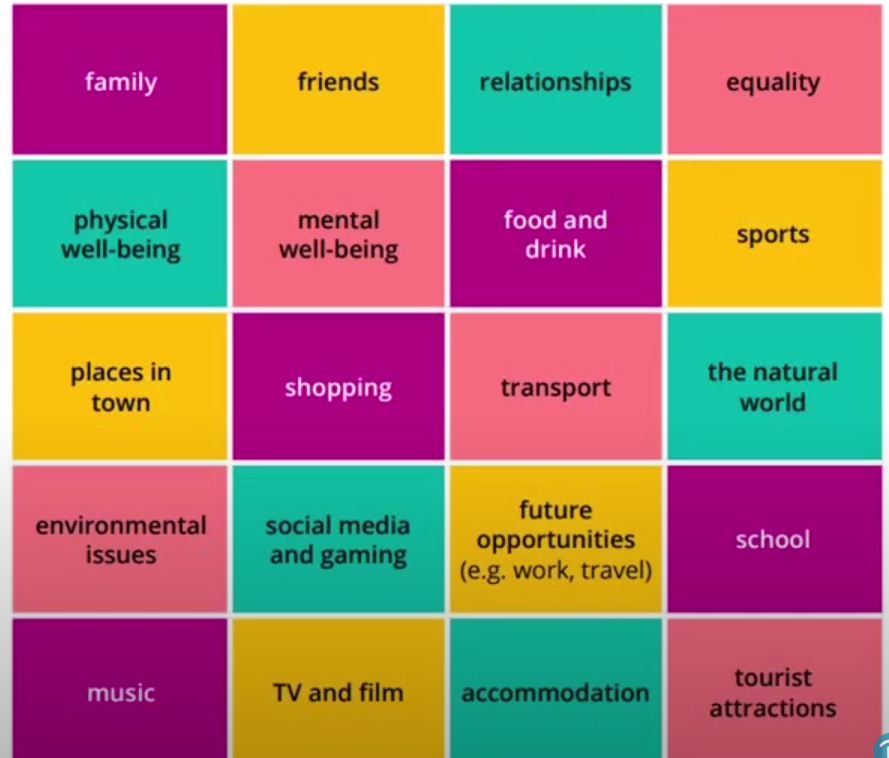MFL - French & Spanish
WHY THESE SUBJECTS ARE IMPORTANT
The study of Modern Languages offers a key to a range of experiences inaccessible to those who only speak English. Being able to speak to a foreign person in his/her own tongue is an experience not to be missed. Learning a foreign language widens your horizons and gives you interest in, understanding of, and respect for the way of life in societies other than your own. It also makes you more aware of the nature and function of your own language. Learning a language should also be an enjoyable experience, which provides you with skills which would be more difficult to acquire later in life.
Reasons why languages are great:
- English is not enough! Not everyone speaks English, 75% of the world do not speak any English at all.
- In class, you get to study a wide range of topics all about different people and cultures, not just how to speak the language you are learning.
- Languages mean business - many employers now want their employees to have at least a GCSE in a foreign language.
- They’re good for you! Speaking more than one language increases your brain capacity and improves your memory.
- It’s really impressive to be able to speak a foreign language. It's a real achievement that your friends will envy and employers will love!
- Using a language at work could raise your salary by 8-20%.
- If you want to go to University, you will be a more attractive candidate and many courses and universities may require you to have studied a language at GCSE.
WHAT WILL I STUDY?
This is a new GCSE specification and you will be the first year group to sit this GCSE. Please watch the video to give you an introduction to the new qualification. The course in Years 10 and 11 continues to stress the importance of language as a means of communication. You will be taught to cope with a wide variety of situations which you may encounter abroad and you will also learn to talk about different topics relating to yourself and the world around you. The GCSE builds on prior learning from KS3 and covers some familiar topic areas including:

HOW WILL I BE ASSESSED?
Students will be assessed using the 9-1 grading system, with 9 being the highest grade. Grades 1-5 will be available for Foundation papers and 4-9 for the Higher.
Students will be assessed in all four skill areas (Listening, Speaking, Reading and Writing) and will be entered for either Foundation or Higher Tier. Each skill counts for 25% of the final grade. All assessments will take place at the end of Year 11 and will be externally marked.
The same question types will be in the same place for the same number of marks each year. So you will be familiar with the paper before the exam. Instructions for each paper will be in English so you will know what you need to do.
The table on this page shows in more detail how each of the skills will be assessed.
| Speaking | Tasks include: a read aloud task, a transactional role play and a picture description and follow on conversation- you will have a choice of 2 themes a few weeks before the exam so you will feel prepared. |
|---|---|
| Listening | All questions set in English, each extract will be played 3 times. Types of question include multiple choice and short answer response. There will also be a dictation where you write what you hear. |
| Reading | You will be given passages to read and questions to answer. Some of the questions will be multiple-choice and for some you will need to write a short answer. All questions will be in English. You will also need to translate a short passage into English. |
| Writing | You will complete extended writing from a choice of questions and also a translation into the foreign language. |

